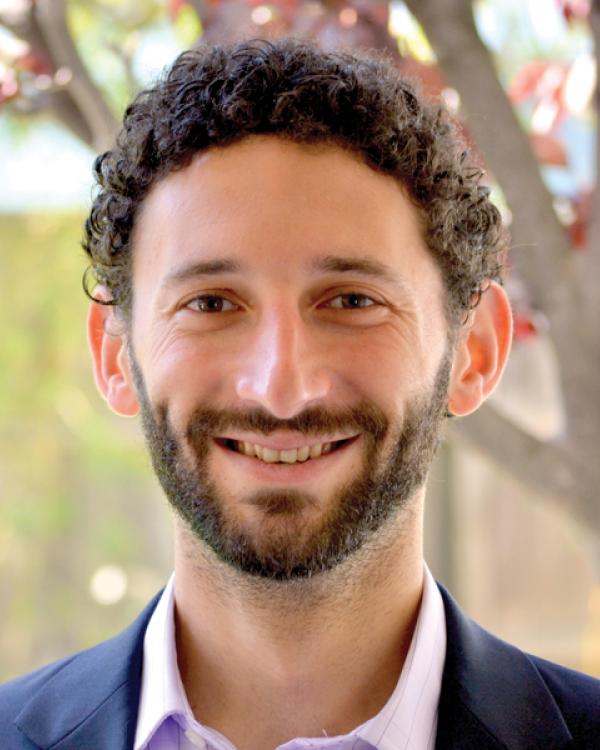
Ethan Hutt of University of Maryland College Park will give the free lecture “Long-Term Relationships: How Longitudinal Datasets Shaped Our Views of Educational Attainment, Inequality, and the American School System” on Monday, January 30 from 12-1 pm in 4018 Education Building on the UC Santa Barbara campus. This is the second event in the yearlong “Policy Goes to School” Lecture Series at UC Santa Barbara that examines areas where current academic research sheds light on policy dilemmas in education. This talk is free and open to the public; light snacks provided.
How are America’s students doing? Are we closing the achievement gap? For the past several decades, we have answered these questions by looking at national test scores. Beyond providing a perennial occasion for finger-pointing, these scores have come to provide the most prominent evidence and potent language for discussing educational inequality in the U.S. But what does it mean to talk about the average achievement of the American nine year-old, or the American 17 year-old? Why, given our tradition of local control and the lack of centralized school oversight, did we ever come to talk about schools in national terms? What are the implications of doing so for how we think about central ideas like educational attainment and school effectiveness? How has it shaped our study of foundational analytic concepts like social and cultural capital? In this talk, educational historian Ethan Hutt will explore the origins and implications of talking about educational achievement—and educational equity—in national terms focusing specifically on Cold War efforts by the federal government to inform itself about the state of American children. The talk argues that the legacy of these Cold War decisions has had an important, but overlooked, impact on how we think about, research, and reform our nation’s schools.
This lecture is presented by the Gevirtz Graduate School of Education and supported by the UCSB Committee on Education Policy.
Ethan Hutt is an Assistant Professor in the Department of Teaching and Learning, Policy and Leadership in the School of Education at the University of Maryland College Park. He is interested in the historical relationship between schools, the law, and education policy. In particular, his research examines the way in which the law has defined the purpose, organization, and success of public education in America through the creation of standards and the use of quantification.
Hutt explore this issue (and others) in his current book project: The Bare Minimum: A History of Minimum Standards in American Education, which focuses on three specific historical cases of standard setting–compulsory school law litigation in the late 19th century; the creation, adoption, and diffusion of the GED in the 1940s; and minimum competency testing in the 1970s.
Prior to becoming a professor at the University of Maryland, he received a Ph.D. in Education from Stanford University School of Education. Hutt also has a MA in History from Stanford University and a BA in History from Yale University.
The “Policy Goes to School” Lecture Series 2016-2017 explores the theme “Addressing Under-Researched Areas of Education Policy.” The last event of the series will present Brooks Bowden of North Carolina State University lecturing on Education Policy and Cost-Benefit Analyses in May 2017.